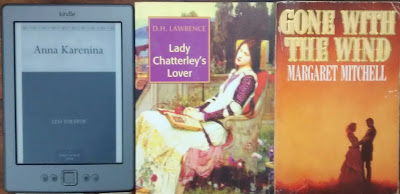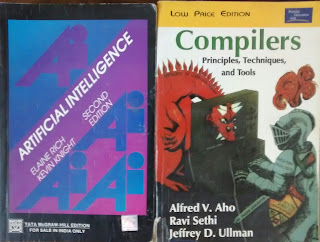Indo-Anglian Poetry In Desi
English
Nissim Ezekiel an Indian poet has ridiculed the manner in
which English is used by Indians. Almost 10%
Indians know English as a second language. Naseem thinks that one of the most common errors made by Indians
is the use of Present Continuous Tense
instead of Simple present Tense. He thinks all who make mistakes in the
use of grammar, syntax and use of idioms are half educated. Nissim had
graduated from Bombay University in English Literature, so he had a right to
think so. In his poems "Good-bye party to Miss Pushpa T.S".
and "Very Indian Poem in
Indian English" explicitly speaks of his anti-Indianness.
The wives of India sit apart
They do not drink,
they do not talk,
She was discarded by many
critics for use of English Language. Her frustration is reflected in her
following
poem:
poem:
I am an Indian, very
brown, born in
Malabar, I speak three
languages, write in
Two, dream in one. Don't
write in English, They said,
English is not your
tongue..... ("An Introduction")
Despite felicity of diction
she has been accused of wrong and confused syntax due to perverse omission of the
use of commas and inverted commas. A critic, though full of appreciation for my
book
Maya suggested that the book should have been written in Hindi. In
words of Kamala Das:
Why not leave
me alone, critics,
friends, visiting cousines,
Everyone of you ? Why not
let me speak in
Any language I like?.....("An
Introduction")
R. N. Tagore was awarded Noble Prize
in Literature (1913) for his collection of poems "Gitanjali"
. He composed his poems in his native language, Bengala and later translated
them in English. He is primarily considered as a Bengali writer rather than an Indian
English Writer.
Sarojini Naidu, who is popularly known as "Nightingale of India"
was said to lack quality (intellectualism) in her poems.
'Two souls with but a
single thought,
Two hearts that beat as
one" .... ("Humayun to
Zobeida")
According to Nissim
Ezekeil "Sarojini knew nothing of the of the literary revolution
taking place in English Poetry in the twenties and the earlier".
Taru Dutt who died at the tender age of 21 is said to be a
poetic genius and is known as "The Keats of India". She spent
many years in France and wrote poems and novels in French language also. Her
poems viz. Savitri and Lakshman
are based on mythological stories of ancient India and sometimes lack
universal human predicament.
In Post-Independence poets Jayant
Mahapatra has used landscapes of his
native state of Orissa in his poems. He is Physicist turned into celebrated
poet, confesses "You can see, I haven't read much poetry in my life. As a
matter of fact, I haven't read any poetry until I started writing myself".
Sri Aurobindo is not only an eminent Indian English Poet but
also a famous Guru and Yogi. In his poem "Life and Death"
he says:
Life, death, - death,
life; the words have led for ages
Our thought and consciousness and firmly seemed
Two opposites; but now long-hidden pages
Are opened, liberating truths undreamed.
Life only is, or death is life disguised, -
Life a short death until by Life we are surprised.
Our thought and consciousness and firmly seemed
Two opposites; but now long-hidden pages
Are opened, liberating truths undreamed.
Life only is, or death is life disguised, -
Life a short death until by Life we are surprised.
Unfortunately, he too has
been accused to use the English Language not as creators but as manipulator.
T. S. Eliot believed that the
impersonality of poetry has its roots in value of traditions. I. A. Richards
employed unique methods for textual and verbal analysis in his Practical
Criticism and The meaning of
Meaning.
We can use their work to
evaluate Indian English Poetry. However best thing would be to avoid any
comparison and have more faith in desi English.
Soon we will cast a glance on
the prose written in Desi English.
Meanwhile, read two related
posts






